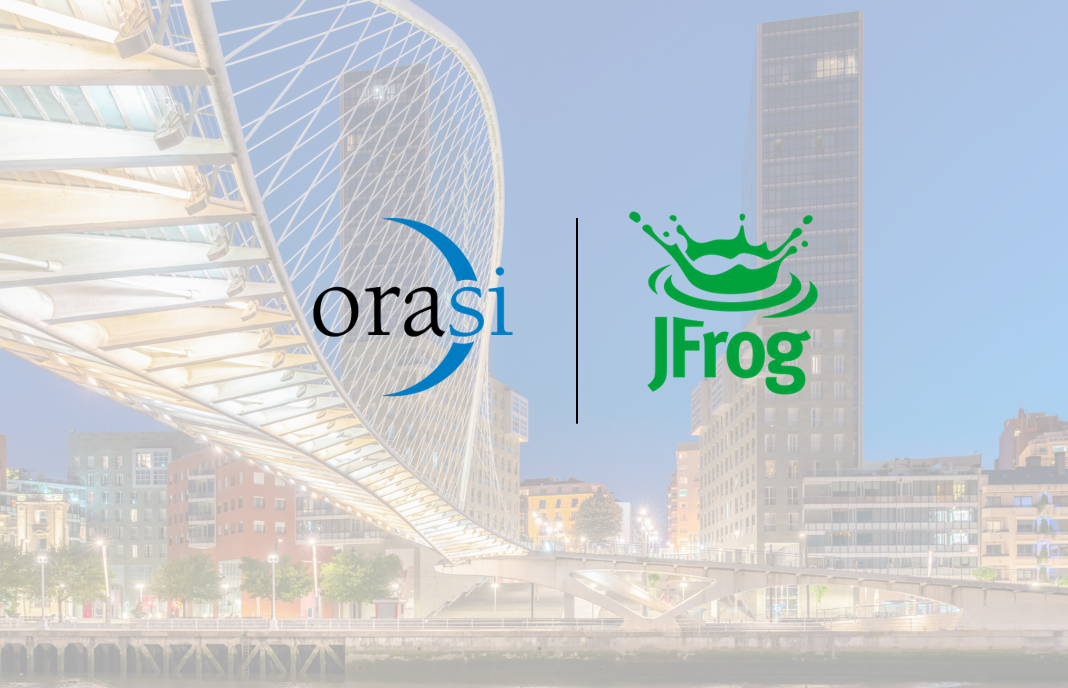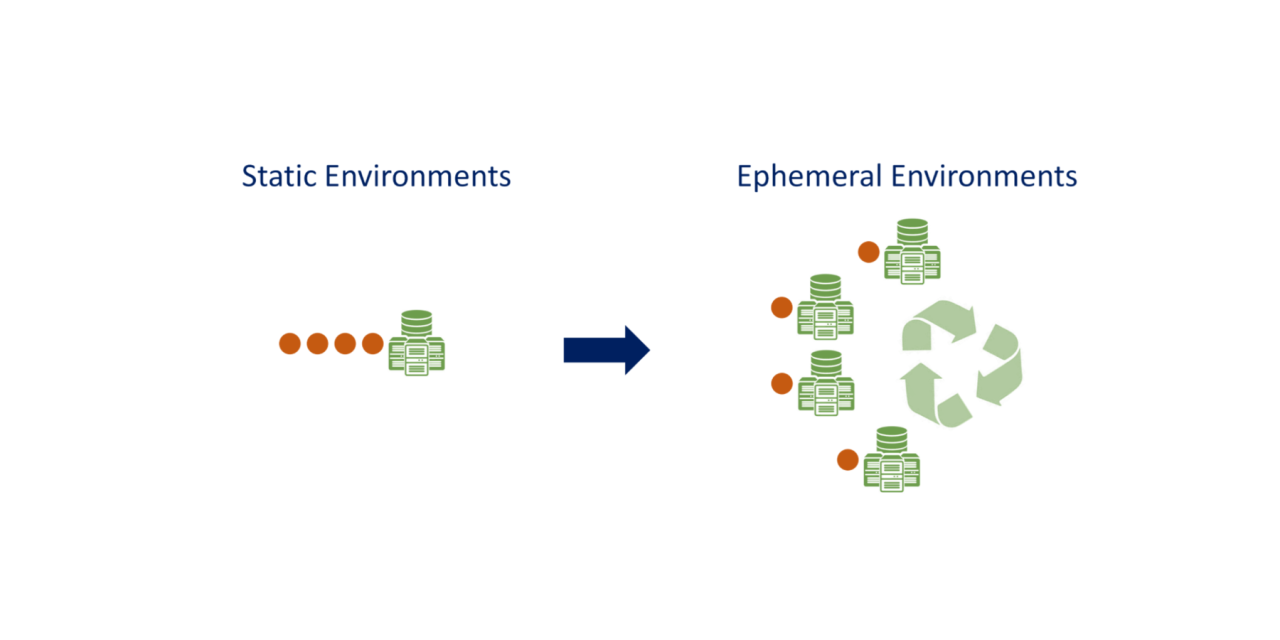By: Jim Azar, Sr. Vice President, CTO
The term business advantage has taken on a new connotation in recent years. Now, the real advantage that any enterprise strives for lies in two areas – both of which contribute to how quickly it can serve its customers delightfully. They are: applications and data-driven insights.
If you pay attention, the value of applications has undergone a tremendous shift because of the need to be customer-centric. Applications have to be delivered fast, as per user-needs, and in an agile way to adapt to the fast-changing context. Similarly, the value of data has grown multi-fold too. Now, businesses have to source, tap, distill, analyze, interpret, and apply data for customer satisfaction decisions and insights. That points to the rapid rise of both DevOps and Data Science in the current business landscape.
Fast curves
DevOps is emerging as a big transformative wave for many enterprises, and it’s slated to grow to $17 billion by 2026. A Global Market Insights‘ report attributes this growth to a steep demand to minimize system development life cycle, facilitate rapid software development across many industries, and increase business productivity through quick application delivery.
On the other side is the exponential growth witnessed in the Data Science market, which is slated to rise from $37.9 billion in 2019 to $140.9 billion in 2024. MarketsandMarkets underlines some areas to explain this spurt of demand – including the need to extract in-depth insights from ample data to gain a competitive advantage. Or a growing inclination of enterprises toward data-intensive business strategies. Understandably, both these new technology areas have enjoyed rapid and profound growth in the last few years.
Curveball
It turns out that only 13 percent of Data Science projects make it into production. Unfortunately, traditional siloes persist. Also, lack of speed and collaboration are responsible for this gap. That is why a DevOps approach can help tremendously in empowering data scientists. It brings them closer to data engineers, user stewards, analysts, BI professionals, and actual business decision-makers.
Data Scientists are reaping the tenets of DevOps to sharpen their strengths by:
- Introducing agility and comprehensive visibility in the deployment of production models
- Handling infrastructure part of model design
- Shrinking deployment time and resources that are consumed in models
- Focusing on the design problem and not on the infrastructure problem
- Handling scale, downtime, economics, and efficiency parts of a model deployment
- Training and exporting a model through APIs, web interfaces, and client-consumption platforms
- Converting Data Science models into meaningful applications
- Balancing experimentation with the stability of models and algorithms – with a try/fail fast but stay stable mind-set
- Creating ownership and clarity at every stage of the model cycle
This approach is helping data scientists to rethink how they structure the entire spectrum. This pushes them to embrace collaboration, clarity, agility, and continuous improvement as DevOps engineers do while designing and testing applications.
Ahead of the curve
Most organizations are still struggling to achieve maturity and outcomes from AI, machine learning, and algorithms. In a recent report, The State of Data Science 2020 by Anaconda, it was observed that, on average, 45 percent of time is spent getting data ready (loading and cleansing) before professionals can use it to develop models and visualizations. Even when the models are prepared for production, problems continue to emerge in many environments, dependencies, and skills gaps. That hinders the ability for models to find the last stage of actual exposure and impact. These production struggles also explain why only 48 percent felt they could show Data Science’s impact on business outcomes.
DevOps has transformed many enterprises at the core by transforming their application development and management approach radically. This deep thrust on collaboration, agility, and customer-centricity is needed for the success of Data Science models. Models are not supposed to be stuck in canned boxes. DevOps can open this lid easily.



